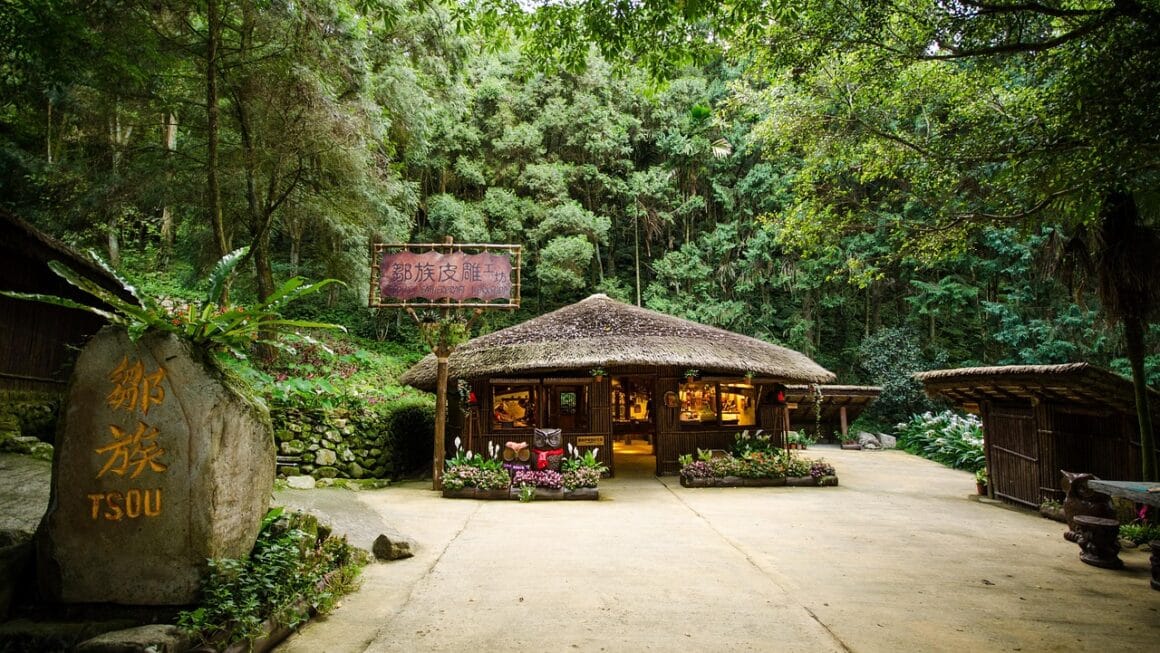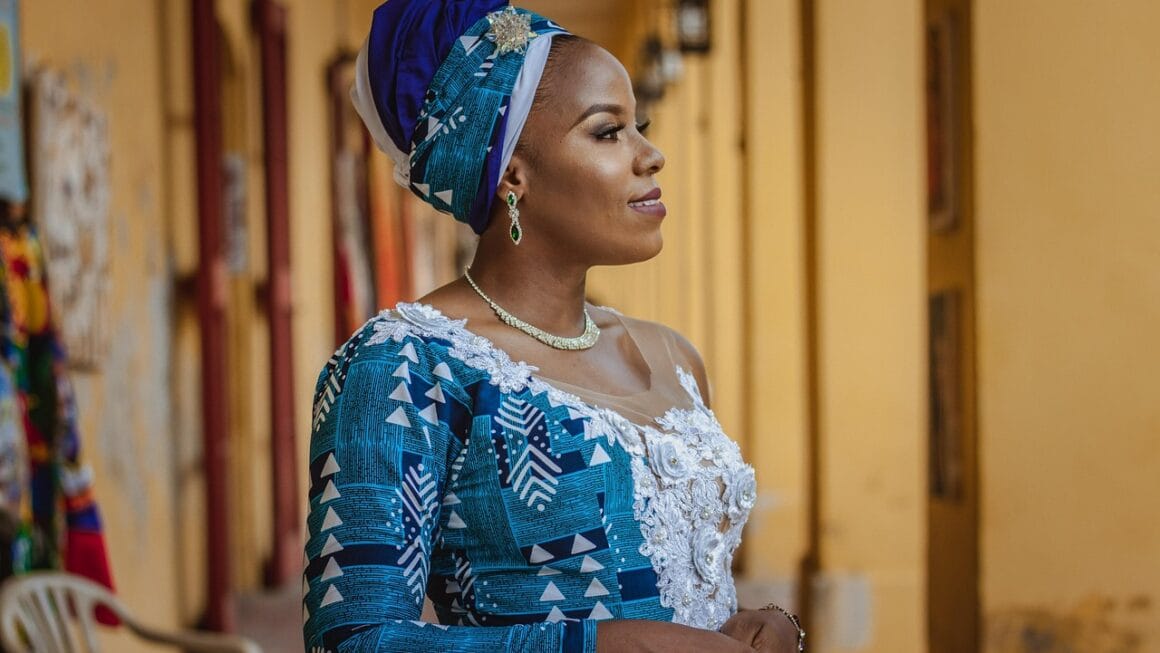Cultural travel offers more than just ticking off famous landmarks; it’s an immersive experience that connects you to the heart and soul of a destination. It’s about understanding different ways of life, appreciating artistic expressions, and savoring authentic flavors. In a world increasingly homogenized, cultural travel provides a vital link to our shared human heritage and offers transformative personal growth. This guide will explore the multifaceted world of cultural travel, providing insights and tips to make your next journey enriching and unforgettable.
Understanding Cultural Travel
What is Cultural Travel?
Cultural travel goes beyond typical tourism. It’s a form of travel focused on experiencing and understanding a destination’s:
- History
- Art
- Architecture
- Religion
- Cuisine
- Traditions
- Local people and their way of life
It’s an opportunity to learn, grow, and broaden your perspective by actively engaging with the cultural aspects of a place. Unlike traditional sightseeing, cultural travel emphasizes meaningful interactions and a deeper understanding of the local context.
Why Choose Cultural Travel?
Cultural travel offers numerous benefits:
- Personal Enrichment: It expands your knowledge and understanding of the world.
- Enhanced Empathy: It fosters empathy and appreciation for different cultures and perspectives.
- Authentic Experiences: It provides authentic and memorable experiences that go beyond typical tourist traps.
- Support for Local Communities: It often supports local economies and helps preserve cultural heritage. Studies show that cultural tourism has a significantly higher economic impact on local communities compared to mass tourism.
- Global Citizenship: It promotes a sense of global citizenship and interconnectedness.
Examples of Cultural Travel Activities
Cultural travel can manifest in various activities, including:
- Visiting historical sites and museums: Explore ancient ruins like the Colosseum in Rome or delve into art at the Louvre in Paris.
- Attending local festivals and events: Experience the vibrant energy of Diwali in India or the unique traditions of the Day of the Dead in Mexico.
- Taking cooking classes and learning about local cuisine: Discover the secrets of Italian pasta making or the complexities of Thai cuisine.
- Learning a local language: Even basic phrases can enhance your interactions and understanding.
- Staying in locally owned accommodations: Choose a guesthouse or homestay for a more immersive experience.
- Engaging with local artisans and craftspeople: Visit workshops and learn about traditional crafts.
Planning Your Cultural Travel Adventure
Research and Preparation
Thorough research is crucial for a successful cultural travel experience.
- Learn about the local culture: Read books, watch documentaries, and explore online resources to understand the customs, etiquette, and social norms of your destination.
- Identify cultural sites and attractions: Research historical sites, museums, art galleries, and other places of cultural interest.
- Consider the timing of your visit: Certain times of year may offer unique cultural events or festivals.
- Check for local regulations and customs: Be aware of any local laws or restrictions that may affect your travel plans.
Choosing Your Destination
Selecting the right destination is key to a rewarding cultural travel experience.
- Consider your interests: What aspects of culture are you most passionate about (e.g., history, art, music, food)?
- Research potential destinations: Explore destinations that align with your interests and offer a diverse range of cultural experiences.
- Read reviews and travel blogs: Get insights from other travelers who have visited the destination.
- Think about the level of immersion you desire: Do you want to be fully immersed in a different culture, or would you prefer a more comfortable experience?
Budgeting for Cultural Travel
Budgeting is an essential aspect of planning any trip, especially cultural travel.
- Factor in the cost of accommodation, transportation, food, and activities.
- Consider the cost of entry to cultural sites and museums.
- Allocate funds for souvenirs and local crafts.
- Be prepared for unexpected expenses.
- Look for free or low-cost activities, such as walking tours and visiting local markets.
- Travel during the shoulder season (spring or fall) for lower prices and fewer crowds.
Immersing Yourself in the Local Culture
Interacting with Locals
Meaningful interactions with locals are the cornerstone of cultural travel.
- Learn a few basic phrases in the local language. Even a simple “hello” or “thank you” can go a long way.
- Be respectful of local customs and traditions. Dress appropriately, avoid loud or disruptive behavior, and be mindful of local etiquette.
- Ask questions and show genuine interest in their lives and culture.
- Engage in conversations and be open to learning from their perspectives.
- Support local businesses and artisans.
Experiencing Local Cuisine
Food is an integral part of culture, and trying local cuisine is a must for any cultural traveler.
- Eat at local restaurants and markets.
- Try traditional dishes and regional specialties.
- Take a cooking class to learn about local ingredients and techniques.
- Be adventurous and try new things.
- Respect food traditions and customs.
- Consider a food tour led by locals.
Respectful Travel Practices
Cultural travel should be approached with respect and sensitivity.
- Be mindful of your impact on the environment and local communities.
- Avoid contributing to overtourism.
- Support sustainable tourism initiatives.
- Respect local customs and traditions.
- Be aware of your own biases and assumptions.
- Learn about the ethical considerations of visiting certain destinations.
Common Pitfalls and How to Avoid Them
Cultural Misunderstandings
Cultural differences can sometimes lead to misunderstandings.
- Educate yourself about local customs and etiquette before your trip.
- Be aware of nonverbal communication differences.
- Avoid making assumptions or generalizations.
- Be patient and understanding.
- If you make a mistake, apologize sincerely.
- Consult a local guide or translator if needed.
Tourist Traps
Tourist traps can detract from an authentic cultural experience.
- Do your research and identify areas that are heavily tourist-oriented.
- Seek out experiences that are more authentic and off the beaten path.
- Ask locals for recommendations.
- Be wary of overly aggressive salespeople.
- Read reviews from other travelers.
Language Barriers
Language barriers can be a challenge, but they shouldn’t prevent you from engaging with the local culture.
- Learn a few basic phrases in the local language.
- Use translation apps or devices.
- Be patient and persistent.
- Communicate through gestures and visual aids.
- Hire a local guide or translator.
Conclusion
Cultural travel is a powerful way to connect with the world and gain a deeper understanding of different cultures. By planning thoughtfully, immersing yourself in the local culture, and being a respectful traveler, you can create unforgettable experiences and contribute to the preservation of cultural heritage. Embrace the opportunity to learn, grow, and broaden your perspective through the transformative power of cultural travel. The world awaits!




